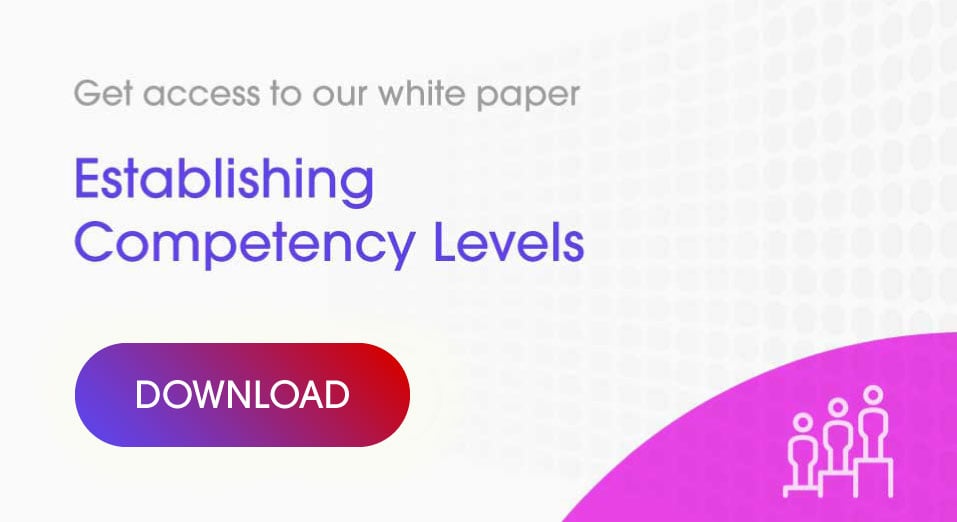With the explosion in technological innovations, you may have noticed the emergence of coaching apps to assist and enhance the task of coaching your salesforce. But who coaches the coaches?
Frontline Sales Managers are re-known to play the most critical role in any sales organisation. The CEB research (2013) found that often great managers are great coaches, playing a critical role in engaging and retaining high performers. In addition, the star coach could improve a good representative’s performance by as much as 19%.
In the CEB research, it was concluded that sales leaders recognized the discrepancy between the impact that Sales Managers can have and their current skill set; not surprisingly, they consistently cited first-line Sales Managers as their most critical development area in the business. Commercial Excellence leaders have long recognized this as a critical salesforce effectiveness opportunity.
Multiplier Effect
According to the CEB research, sales leaders often don’t take action to help Front Line Sales Managers to develop their skills. Despite the massive impact that Sales Managers can have on business results, many organizations predominantly budget and plan for the development of the sales representatives, neglecting to invest in the development of Sales Manager skills. As seen in a sample taken recently from the Pharma industry, Sales Manager development initiatives seem to be periodic interventions or outsourced independent skills courses. Companies that have formal programs are often large global pharma organisations, with the programs running only in equally large more highly resourced affiliates. These internal Sales Manager development programs may appear unsustainable over time due to low turnover of the role, thus providing no economy of scale to reproduce internally on a regular basis. The cost to maintain the program in comparison to the low volume of participants can make such a program challenging to maintain.
This is clearly a false equation. There is a multiplier effect to the investment in teaching a Sales Manager how to coach (amongst other areas) – one Sales Manager can coach numerous Sales Representatives. The odds are in your favour to give this a priority to bring improvements in sales force effectiveness, instead of focusing all your efforts on interventions to develop the sales representatives. Coach and monitor the coaches first in order to realise improved effectiveness of the representatives.
According to the Sales Readiness Group (SRG), there are two main types of coaching: strategic sales coaching and tactical sales coaching. The former focuses on how to gain access and overcome hurdles, while the latter focuses on selling techniques. The latter seems to be the one most Sales Managers have problems with, which may at first seem odd considering the Sales Manager was more than likely a high performing Sales Representative prior to stepping into the Sales Management role. According to SRG, often this is exactly why Sales Managers cannot understand how others don’t get it. Another factor affecting coaching is that Sales Managers feel they do not have anything concrete to coach every month, especially for their more senior representatives.
If you want to know more about our coaching program you can download our booklet here.
Coach What
So, along with knowing how to coach, it is just as important to know what to coach to get results. Coaching is not about periodically auditing a sales team and giving them feedback. Coaching is individualised attention, instruction, practice and feedback on agreed upon areas that the representative needs to improve or to perfect. Coaching should be engaging and two-way with both parties being active participants. As a teacher, the Sales Manager has to not only step into the shoes of the representative, but they must get to know what the representative needs to know or practice.
Role clarity and clear goals are a good first step to making coaching targeted and purposeful for both parties. Various tools and processes are available that can help to better identify the coaching needs. If both the Sales Manager and the Sales Representative agree what needs to be coached, the learning experience and potential for success are optimised.
KPIs
What is the optimal amount of coaching required making a significant difference?
CEB indicates it is less than you think. The sweet spot is about 3-5 hours per month of focused sales coaching, equivalent to 1 in-field day of observing and giving feedback on the full selling cycle from planning and preparation, in-call performance, to post-call analysis and follow up. Some Pharma organisations are using the ‘70% of time’ metric. This can lead to unfocused and unproductive coaching time driven by incentive or performance monitoring versus results and also overlooks the focused sales coaching sweet spot of 3-5 hours per month, which brings the biggest shift in driving sales results.
There are times coaching is not appropriate, and that is when it is a management issue. However, knowledge gaps, technique and technical gaps, and motivational challenges provide many coaching opportunities.
Should coaching be incentivised?
SRG suggests that good coaches must have an intrinsic desire to teach others. Sales Representatives measured and rewarded for their individual performance. Sales Managers, however, are measured and rewarded on how well their team performs. Some high performing representatives simply will not make good Sales Managers. Incentives should drive behaviours that in turn drive sales. It is important in your sales program to include a rigorous process to identify the areas the teams need coaching on, and then assess whether the managers need to hone their skills to be able to help.
If you want to know more about a solution to monitor coaching KPIs you can download our booklet here.
Coaching the Coaches
The most valuable skill a Sales Manager can have is sales coaching. If a Sales Manager knows how to coach effectively, the organisation can leverage them to drive improvements in sales performance.
---
If you are interested in our mobile learning solutions on digital channels, contact Actando.
The Actando Consulting Team






.jpg?t=1497452758473&width=850&name=Untitled%20design%20(34).jpg)
.jpg?t=1497452758473&width=850&name=Untitled%20design%20(32).jpg)





